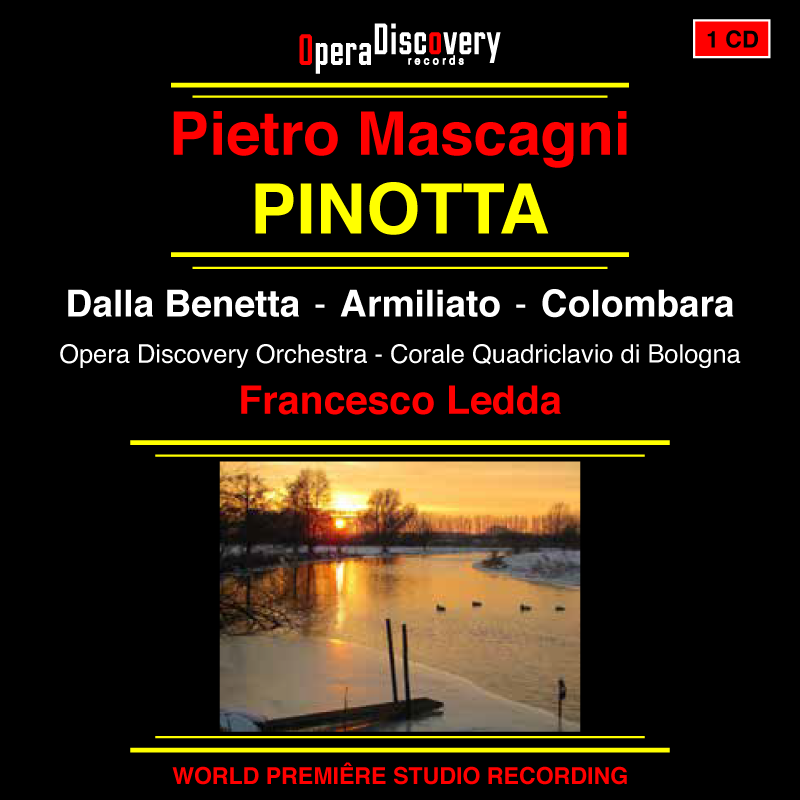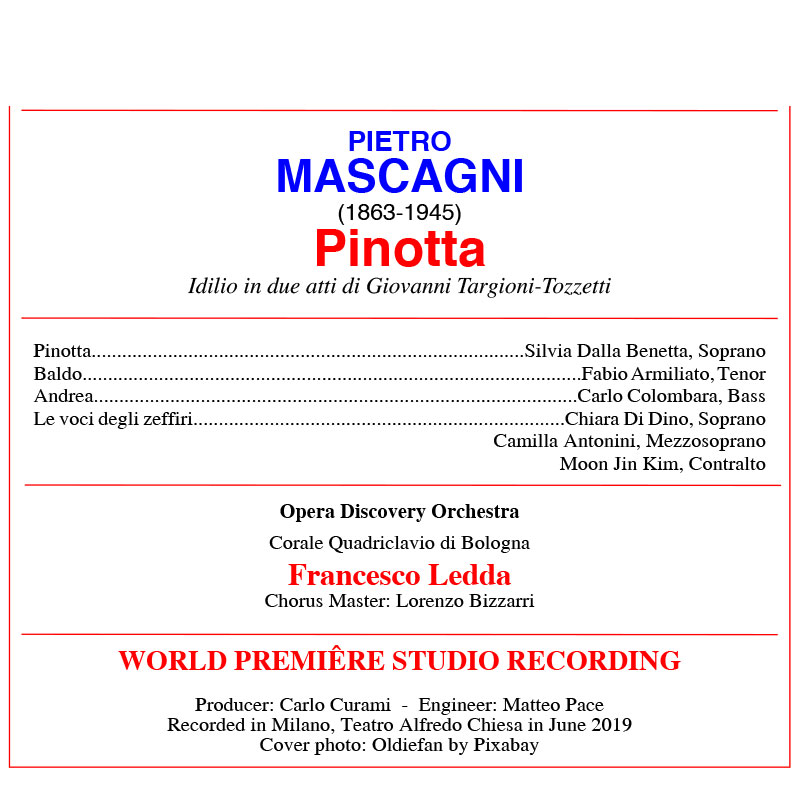
Physical CD
€9,99
Tax included.
Shipping calculated at checkout.
Files in MP3 format
€4,99
Tax included.
Purchase includes the complete opera in MP3 format and the booklet files and Inlay Card sent to the indicated e-mail address.
Pietro Mascagni
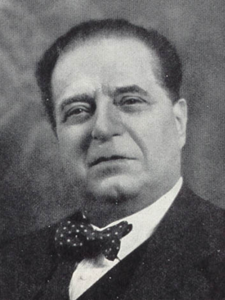
Pietro Mascagni
Pietro Mascagni was born in Livorno the December 7, 1863 and followed his musical vocation against his father’s wishes. His first compositions won him financial support to study at the Milan Conservatory. He left in 1885 before graduating to work as a conductor with Dario Acconci’s touring company, which had staged his operetta Il re a Napoli earlier that year. He settled in Cerignola in 1886 to work as a teacher. In 1888 he won the Sonzogno Competition with Cavalleria rusticana. The opera’s premiere in 1890 was a tremendous success, which Mascagni built on the following year with L’amico Fritz. He became increasingly prominent as a conductor and in 1892 conducted his opera I Rantzau around Europe. He was director of the Liceo Musicale in Pesaro 1885–1902. Further operas included Guglielmo Ratcliff (1895), Silvano (1895), Zanetto (1896), Iris (1898), Le maschere (1901), Amica (1905), Isabeau (1911), Parisina (1913), Lodoletta (1917), Il piccolo Marat (1921), Pinotta (1932) and Nerone (1935). In 1915 he experimented with writing for cinema in Rapsodia satanica with Nino Oxilia. He composed also sacred music (Messa di Gloria, 1888), symphonic music and many chamber music for voices and instruments. Pietro Mascagni died in Rome the August 2, 1945.
Giovanni Targioni-Tozzetti
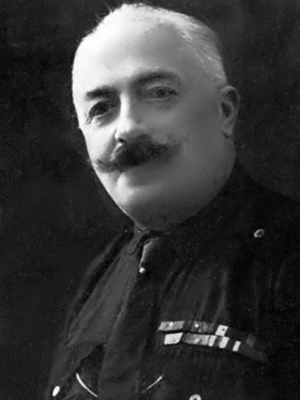
Giovanni Targioni–Tozzetti
Giovanni Targioni-Tozzetti was born il Livorno the March 17, 1863 and was a librettist, best known for his friendship and collaboration with Pietro Mascagni. He wrote for him the libretto of: Cavalleria rusticana, I Rantzau, Silvano, Zanetto, Pinotta and Nerone. Targioni-Tozzetti’s other works included the first Italian translation of Massenet’s Werther and of Mascagni’s only French-language opera, Amica. For Umberto Giordano he wrote the libretto of Regina Diaz. He died in Livorno the May 30, 1934.
Pinotta
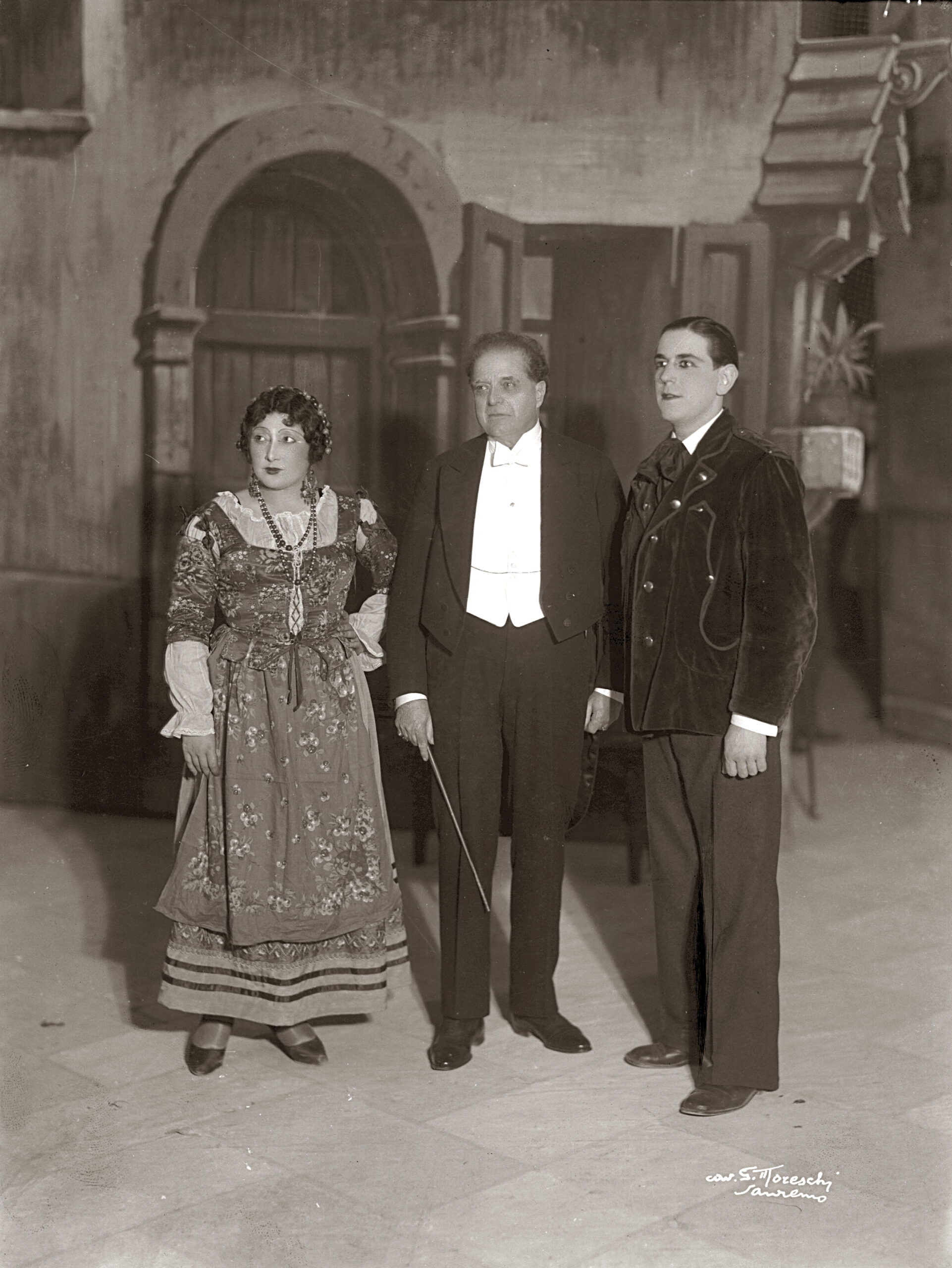
Pietro Mascagni, Mafalda Favero and Alessandro Ziliani at the Teatro del Casinò in San Remo for the première of Pinotta
The young Pietro Mascagni had written in 1881 the cantata In filanda, written by Alfredo Soffredini. Later, when the Conservatory of Milan announced a competition to which the students could participate with a work, the composer asked Soffredini to rewrite the booklet, modified the material of the cantata, transforming it into a work and adding La tua stella, a romance for singing and piano. The work of reconstruction, however, continued for too long, and Mascagni could not deliver the work in time, in the meantime renamed Pinotta.
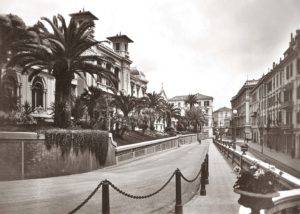
The Teatro del Casinò in San Remo
Fifty years after Mascagni decided to put his hand back to work, which had never been represented and whose score had been forgotten in a trunk, rewriting the libretto to Giovanni Targioni-Tozzetti and reworking some parts. The new, and definitive, Pinotta went on stage successfully at the Teatro del Casinò di San Remo in 1932 directed by Mascagni himself and starring Mafalda Favero, Alessandro Ziliani and Ernesto Badini.
Synopsys
A spinning mill in Lombardy, XIX Century
Pinotta, an orphan, works in the spinning mill of padron Andrea but, while her friends are cheerful, she is sad and lonely: she loves Baldo, but she does not dare to hope to be reciprocated. But Baldo loves her: he asks his hand to Andrea and declares all his love. Pinotta, happy, agrees to marry him.

